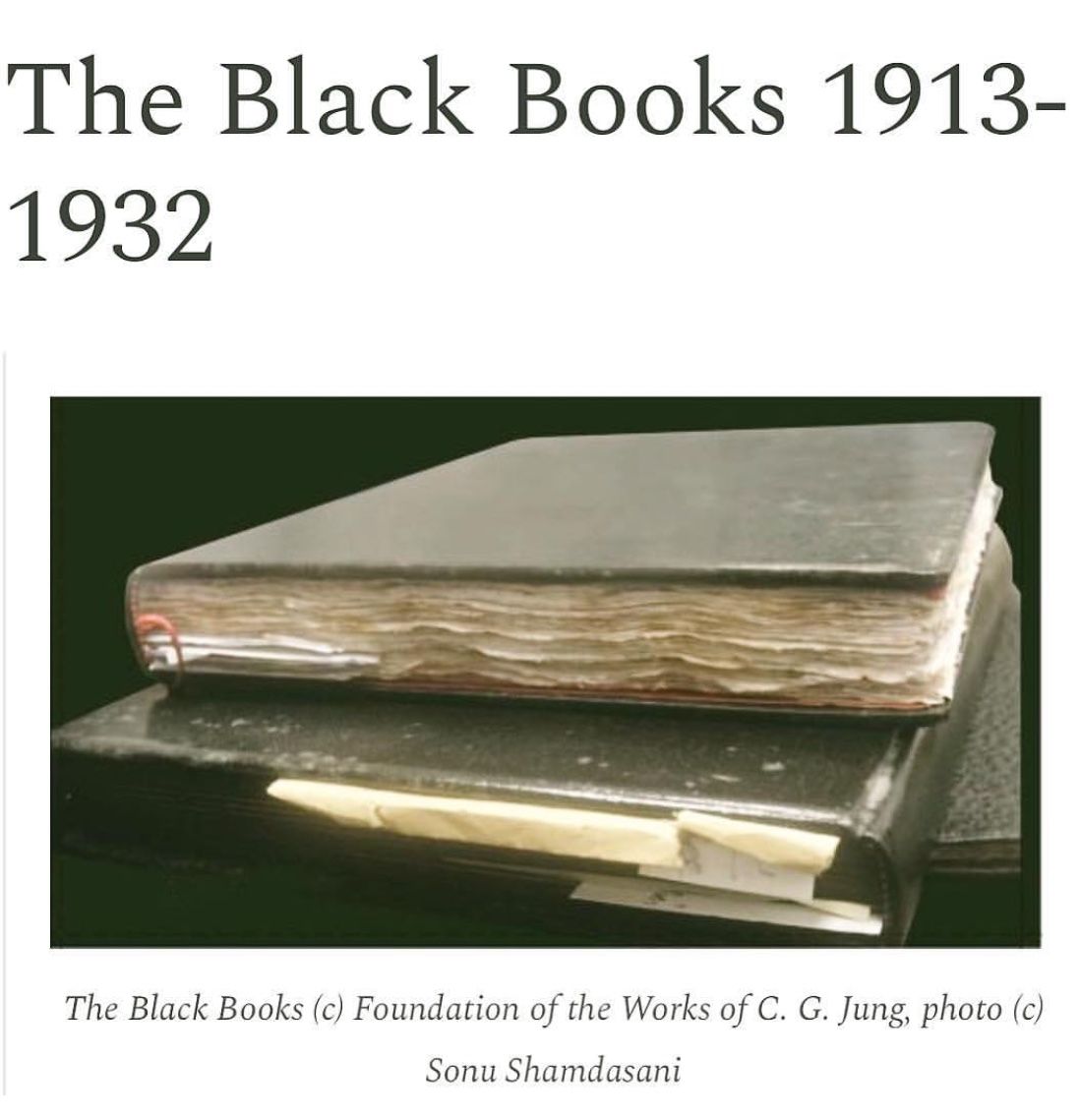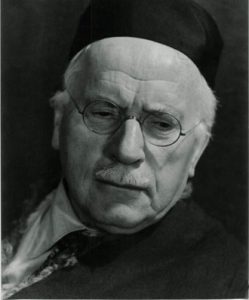
The Black Books
Starting 1 November 2020 The New Jungian Book Club will be reading Jung’s ‘Notebooks of Transformation’
The publication in 2009 of Liber Novus, C. G. Jung’s Red Book, has justly been regarded as a cultural event of historical significance. The publication enabled a new reading of Jung that is just beginning, based for the first time on primary documentation of the most critical creative phase in Jung’s life. To continue this, the Philemon Foundation is pleased to announce the editing for publication of C. G. Jung’s Black Books, from 1913 to 1932, in a facsimile edition, accompanied by translation, introduction and notes, in collaboration with the Foundation of the Works of C. G. Jung. The edition is being edited by Sonu Shamdasani, translated by Martin Liebscher, John Peck and Sonu Shamdasani and will be published by W. W. Norton.
The text of The Red Book draws on material from The Black Books between 1913 and 1916. Approximately fifty percent of the text of The Red Book derives directly from The Black Books, with very light editing and reworking. The Black Books are not personal diaries but the records of the unique self-experimentation that Jung called his ‘confrontation with the unconscious.’ He did not record day-to-day happenings or outer events but his active imaginations and depictions of his mental states together with his reflections on these.
The material that Jung did not include in The Red Book is of equal interest to the material that he did include. The Black Books shed light on Jung’s ‘confrontation with the unconscious,’ for which they are the prime documentation, as well as the genesis of The Red Book, the further elaboration of Jung’s personal cosmology, and the making of analytical psychology.
– Philemon Foundation
The New Jungian Book Club
is an ongoing study group dedicated to the close reading of iconic Jungian texts, hosted on Facebook. This involves a hermeneutic study of the text in question, group discussion and applications for the purpose of psychoeducation and self-analysis. The book club is led and facilitated by Dr Shayne Eynon and Stephen Anthony Farah MA and falls under the institutional auspices of The Centre for Applied Jungian Studies.
Reading The Black Books will be an eight-month study starting 1 November 2020 and completing 30 June 2021. This will be the third and final book read in our current series, following The Red Book and Catafalque: Carl Jung and the end of humanity (by peter Kingsley).
Membership Includes:
An overview and detailed synopsis of the book being read.
A section by section, detailed and hermeneutic reading of the text.
Applications for those interested in engaging their own creative and psychodynamic process.
Links to studies, lectures and videos that expand on the reading of the text.
Live webinars – offered monthly and recorded for the benefit of those unable to attend live.
Participation in a facilitated Facebook forum set up expressly for this purpose, where you will be able to engage with other students from around the world, post any questions or thoughts you have on the text and your own applications.
Guest lecturers – with ever text we study we invite either the author or other specialised subject matter experts to speak on the text.
Bonus Material- everyone joining the New Jungian Book Club for the current study will receive free access (via the Facebook Forum) to all the material, applications and webinars from our reading of the previous two books: The Red Book and Catafalque: Carl Jung and the end of humanity (by Peter Kingsley).
 Your facilitators
Your facilitators
Dr Shane Eynon
a Licensed Psychologist with over 15 years of experience in psychotherapy and specialize with Neuropsychological evaluations of adults and children with autism. He completed his doctorate in psychology at Temple University and had completed my residency at Moss Rehabilitation/Einstein Hospital- Child Neuropsychology. A former Military Officer, supervisor, consultant, and the father of autistic children. Most recently, Shane served on faculty for the U.S. Navy’s APA internship at the National Naval Medical Center, Bethesda, MD. I was also deployed as a Neuropsychologist with the Marine Corps in Afghanistan in 2010 and reported to the UK’s Trauma Center at Camp Bastion and Camp Leatherneck.
Stephen Farah MA
is the co-founder and head of learning and research at The Centre for Applied Jungian Studies South Africa. He is an executive member of the International Association of Jungian Studies. Stephen holds an honours degree in analytical philosophy from the University of the Witwatersrand and a Master’s degree in Jungian and Post Jungian Studies from the University of Essex. Stephen’s areas of interest include psychoanalysis, film, the philosophy of language, consciousness, individuation and the simulation hypothesis. His paper ‘True detective and Jung’s four steps of transformation’ was published in The Routledge International Handbook of Jungian Film Studies. He is currently compiling and editing an anthology of papers for ‘The Spectre of the Other: crises and opportunity‘.

